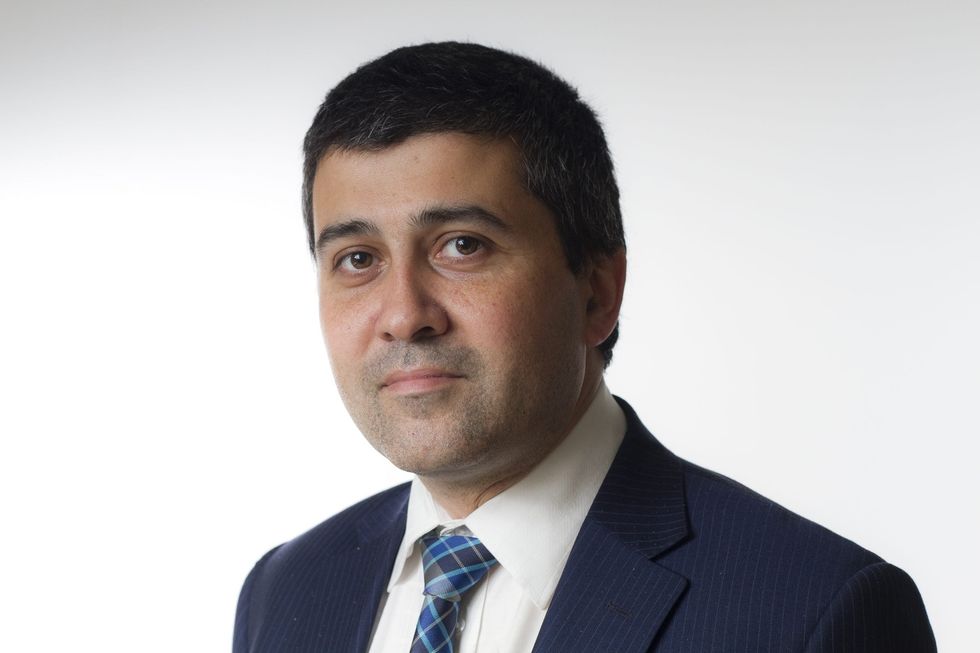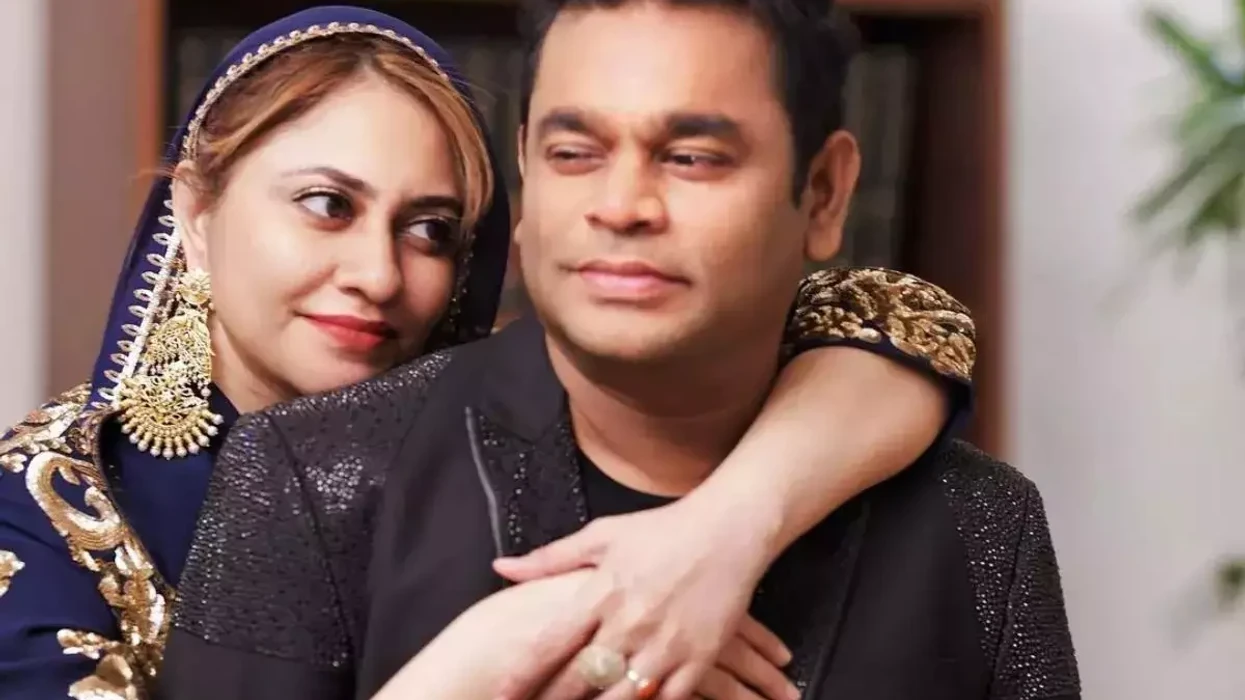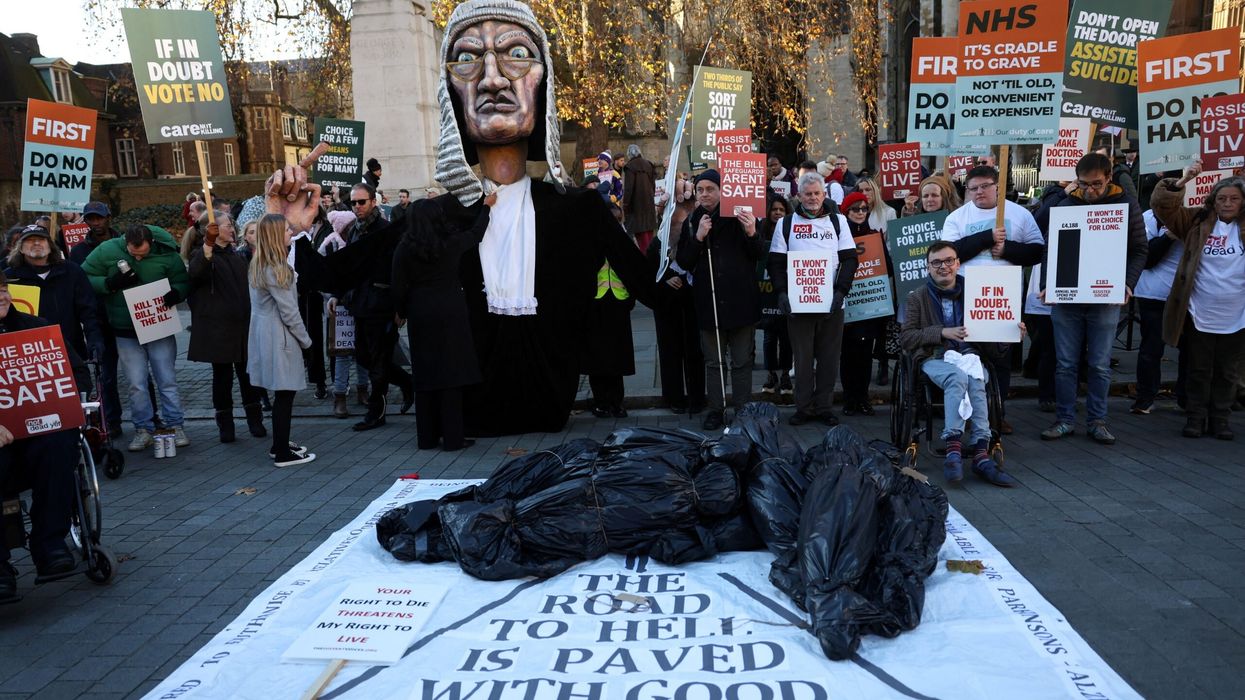We are now past half-time in a six-week general election campaign. It has somehow become both the most and least predictable of electoral contests at the same time. The answer to the central question – who will govern? – is less than ever in doubt. Everything else about this election result and what it might mean for the future is dramatically in flux. Nigel Farage has declared himself the new leader of the opposition – after one opinion poll – and the Conservative campaign finds itself in a new competition to finish in second place.
The second half of this campaign must now compete for public attention with the Euro 2024 football from Germany, as well the T20 cricket World Cup and, starting just before election day, the tennis from Wimbledon. The party leaders issued photographs of themselves taking a campaign break to watch England’s one-nil victory over Serbia on Sunday night, having sent good luck messages too to Scotland before their opening-night defeat by Germany.
It is over half a century since a General Election campaign coincided with such a big sporting event. The campaign clash with the 1970 World Cup was one of Harold Wilson’s tactics seeking a low drama re-election campaign. World Cup holders England threw away a two-goal lead to Germany to crash out on the Sunday before polling day. How far gloom at that sporting disappointment contributed to the surprising late swing that saw the government ejected from office may never be fully clear.
Politicians can overestimate the potential for sporting fortunes to impact on political ones. Tony Blair had an unassailable opinion poll lead over John Major when Euro ’96 was held. Yet his closest adviser Alastair Campbell later reported in his diary that Blair had been secretly relieved to see England lose, in case a home triumph might revive the Major government. By that autumn, Blair was riffing on the Three Lions anthem at his party conference to declare that Labour, like football, was coming home.
Keir Starmer was in the stands at Wembley that night in 1996, supporting England. Sunak, who watched Southampton FC and Hampshire at cricket, was caught up in the excitement of Euro 96 as a sixteen year old. Both leaders are real football enthusiasts – yet they can still struggle to sound genuine if asked about the game on the campaign trail.
The election will be over before the football. There will still be eight countries competing in the Euros when British voters go to the polls on July 4th. Rishi Sunak’s choice of election timing looks set to bequeath Keir Starmer a high-profile introduction to the international stage, with a NATO in summit in Washington closely followed by the UK hosting leaders at the European Political Community meeting. The Euros football final in Berlin is on the weekend between those summits – but the form of the team will decide whether a new Prime Minister gets that lucky hat-trick of big occasions.
Footballers are making a much more direct political intervention in the snap parliamentary elections called by President Macron in a highly polarised France, where Marine Le Pen’s National Rally might take office for the first time. Captain Kylian Mbappe has called for young people to vote and oppose extremism – saying he hopes to still be able to be proud to wear the national shirt after the elections. The French FA has said that, while the association must stay politically neutral, the players are French citizens with the right to voice their democratic preferences.
Sport is part of society and so has often been a site of contested arguments about identity, from the Tebbit Test to the arguments over footballers taking the knee. Sport’s ultimate contribution has gone deeper than party political arguments. As the teams that represent our nations in football, cricket and the Olympics increasingly reflect the diverse society that we have become, they can play a foundational role in exemplifying and championing an inclusive patriotism.

For people in England, major sporting events are some of the few times that we really engage with English identity. The reach and profile of football elevates its status in public debates about national identity. Manager Gareth Southgate has spoken positively about the power of the national game to bring people from different backgrounds together; while the response of a toxic minority of fans to England’s defeat in the last Euros showed the potential for those conversations to turn sour.
Birmingham’s Windrush Carnival this weekend will celebrate the England of the Jude Bellingham generation as a legacy of the progress made in pushing back racism. There is more work to do to make that vision a reality, not least in Asian sporting inclusion in this next generation. But given that it is inevitably a function of elections that they divide, it is important to champion national symbols that we can all share.
(The author is the director of British Future. His new book 'How to Be a Patriot: Why love of country can end our very British culture war' is available now in paperback. You can buy the book at this link.)




















